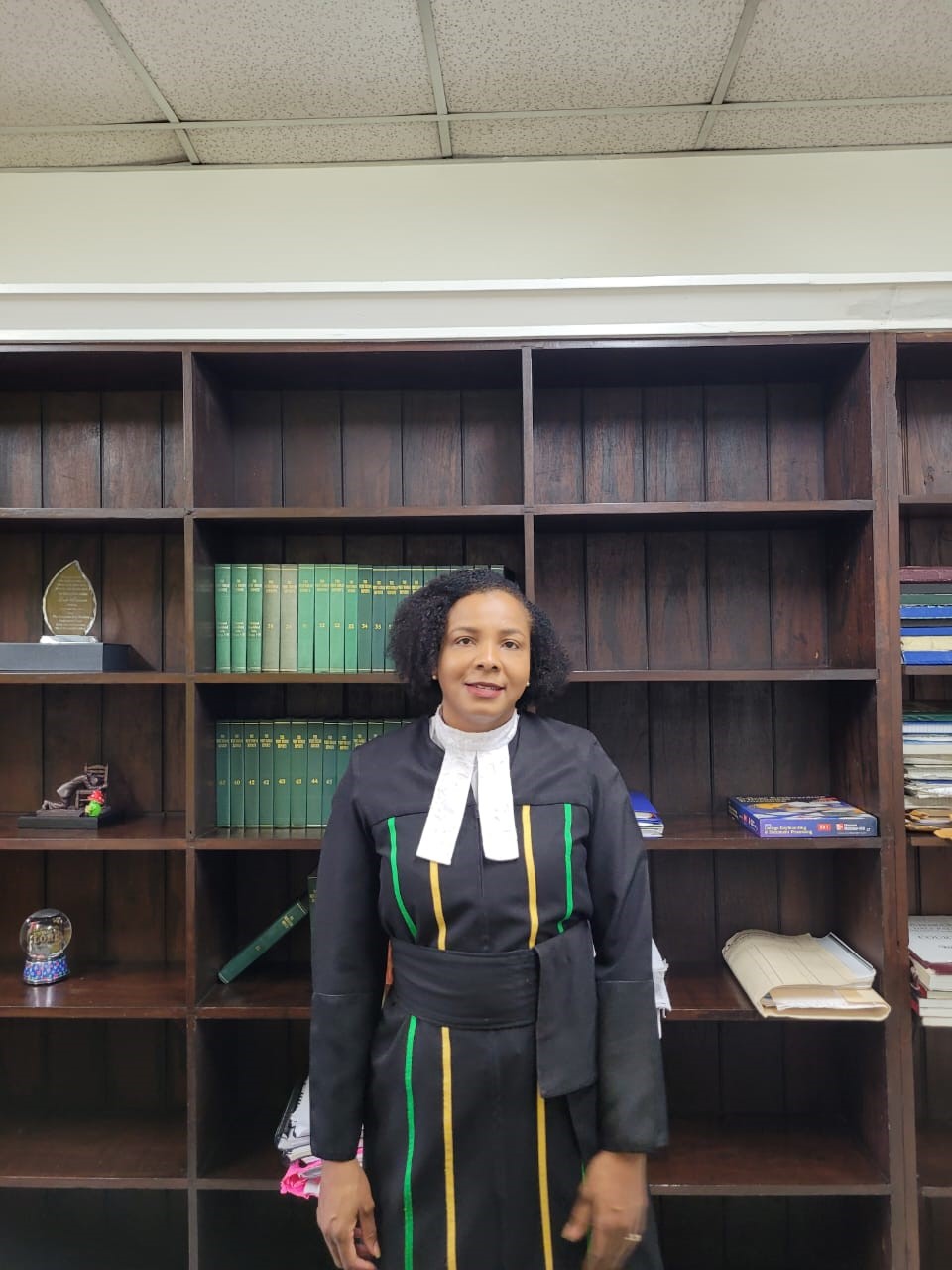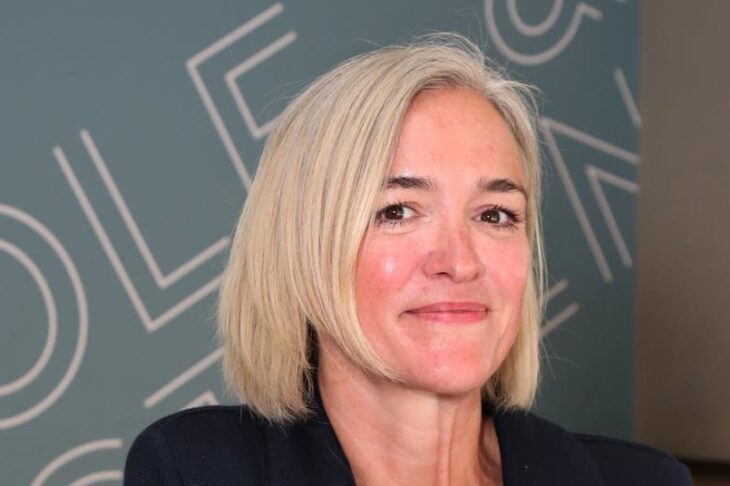
International Women’s Day 2024: Interview with Honourable Justice Stephane Jackson-Haisley of the Jamaican Supreme Court
What made you decide to pursue a career in law?
I would say my journey into the study of law happened by chance. My goal was to work in an international environment and to make a difference not only in my country but globally, so I was studying languages and international relations when I was encouraged to study law. After doing research, I recognised that the study of law had a very wide ambit and could provide many opportunities to influence the lives of others on a wider scale.
Did you face any obstacles to become a judge in your country? If so, how did you overcome these?
In the late 1990s when I entered the legal profession, the numbers of women at the Bar had started to surpass the number of men, resulting in the Bar and the judiciary being dominated by women. One consequence of that is that females must work twice as hard as their male colleagues to distinguish themselves. To distinguish myself, I had to find ways to improve my competency and develop expertise in various areas of the law. One of the main obstacles faced in achieving this was the lack of adequate, readily available educational resources to continue and improve one’s education.
I appreciated that being prepared to take on all types of cases was important to excelling in the career of law and so I created a database of cases on various subject topics which I made accessible to my colleagues. This made it easier for me to improve my knowledge base and excel in trial advocacy. I developed expertise in different areas such as extradition and doing complex criminal trials which helped to demonstrate my readiness to become a judge.
What are some highlights of your career/speciality?
My work as the Deputy Director of the Judicial Education Institute of Jamaica has been one of the highlights of my career. This has enabled me to work with, and learn from, judges from all over the world and to appreciate that training and further education is essential to effective judging. In 2014, I pursued a Masters in Judicial Studies at Duke University School of Law. In 2022, I completed the intensive study programme at the Commonwealth Judicial Education Institute in Halifax, Canada and became a fellow and certified judicial educator. These experiences have equipped me to make a significant contribution to the educational development of judges. In 2014, I spearheaded the creation of a “Manual for Resident Magistrates”. In 2017 I worked with the Bench Book Committee to create “The Supreme Court of Judicature of Jamaica Criminal Bench Book”.
Another significant highlight has been my work as a Judge in the Drug Treatment Courts in Jamaica. This exposed me to the concept of problem-solving justice where judges can play a part in solving problems faced by vulnerable persons who interface with the court system.
I participated in promoting drug treatment courts throughout the Caribbean and Americas and I did a fellowship at the Organisation of American States which provided me with a platform to train judges, lawyers, social workers and law enforcement officers locally, regionally, and internationally. In 2014, I initiated the establishment of a drug treatment court in the rural parish of St Thomas where offenders who committed minor crimes while under the influence of drugs or who are mentally ill are able to receive treatment and rehabilitation. Some of them were able to improve their mental health, overcome drug dependency, gain a skill, enhance their literacy, and reduce their rate of recidivism and move on to live productive lives in their communities.
Why do you think it’s important to have women in leadership roles?
When women are in leadership roles, this provides a platform where they can share their experiences and any challenges they have faced and how they overcame them in order to become leaders. This can serve to inspire and encourage other women so that they recognise that they too can excel despite challenges and barriers they may face.
Have there been any women who have inspired you throughout your life/career?
Yes, my mother has inspired me and instilled in me the fact that getting a good education is the key to success. I was always encouraged by her to always believe in myself and recognise that hard work and preparation is the key to achieving my goals.
The Honourable Mrs. Justice Zaila Rowena McCalla, the first female Chief Justice of Jamaica, has inspired me throughout my career. As a prosecutor I appeared before her and found that the way in which she conducted her court and dealt with members of the bar and the public was admirable. She made me recognise that with determination and hard work women can excel as much as their male counterparts. Her infectious passion for education aligned with my passion for education and propelled me further to explore avenues to improve myself and assist other judges and court staff to build their capacity through further education and training.
Throughout my journey in law, I have also been inspired by the support and comradery of my female friends and colleagues and recognise that supporting and encouraging each other is important in the quest to enjoy a fulfilling and successful career.
Why do you think celebrating International Women’s Day is important?
International Women’s Day is an important way to highlight and celebrate the success of women all over the world. It is a day for women to take time out to reflect on and remember all the strides that women have made not only in the work environment but also in their communities and their families. This will give hope to women who are facing certain challenges that they can overcome obstacles and be steadfast even in the face of adversity. It is an opportunity for every woman to inspire and be inspired by other women.
The theme for this year’s International Women’s Day was ‘Inspire Inclusion.’ What does this mean to you? Why is inclusion important?
It is a very appropriate theme. It means that no matter who you are, where you are in the world, what situation you find yourself in, there is always hope. There is something unique about all of us and we should have the confidence to find our talents and share them with others. Inclusion is important as it draws on the experience of everyone; no one is left out and it promotes diversity in all aspects of society and the recognition that it is our unique individual experiences that make us special.
What advice would you give for any girls or young women who want to pursue a career in law?
Law is one of the most diverse and impactful careers you can choose. It is the career of choice for anyone who wants to make a difference in the lives of others.

